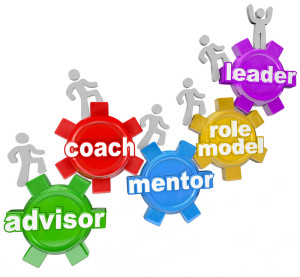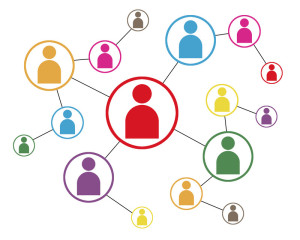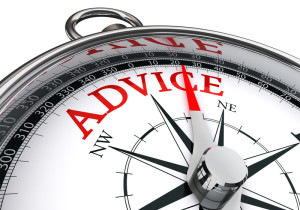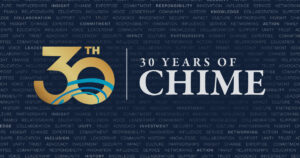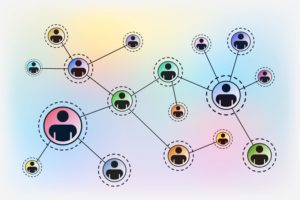What better time than Women’s History Month to highlight the many initiatives lifting up women in our health IT industry.
It has been 10 years since I started speaking out more publicly as a health IT professional about women’s issues though I am a long-time feminist having come of age during the women’s movement of the 1970s. In 2014, I was asked to do a keynote talk on a topic of my choice at a 200-person health IT conference. It was one of those vendor sponsored, invitation only events. I was the speaker during the first night’s dinner. I titled my talk: “Our Future Workforce – Unlocking the Potential”. I talked about the fact that not enough women were going into STEM (science, technology, engineering, and math) fields and the need to encourage and support women at all levels. Prior to the talk I wrote this post – Technology, where are all the women? – and afterwards I wrote this one describing the positive response to my talk – Women and technology, part 2 – from an audience that was probably 80% men!
When I launched this blog several months before that talk in 2014, I made sure to create a category called “On Women and Work” knowing I’d be periodically writing about women’s issues, and not just in March each year.
Fast forward to 2024. I am certainly not a lone voice in our industry. Many women focused initiatives have emerged. Here are just a few to highlight: Continue reading

